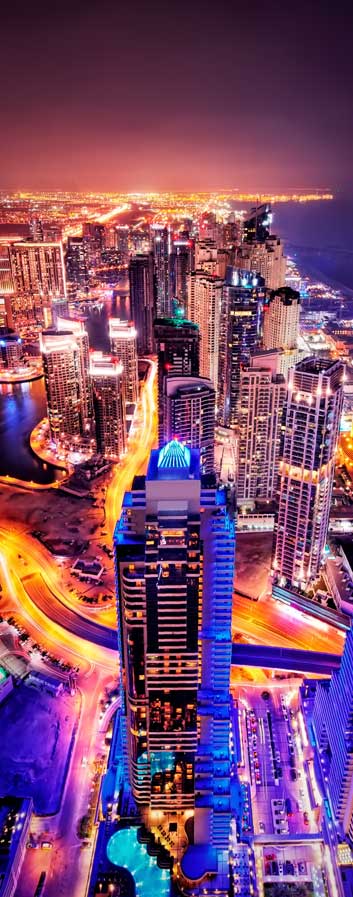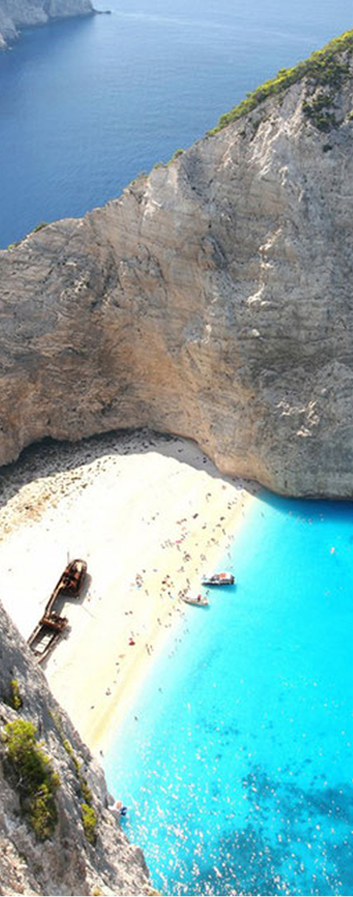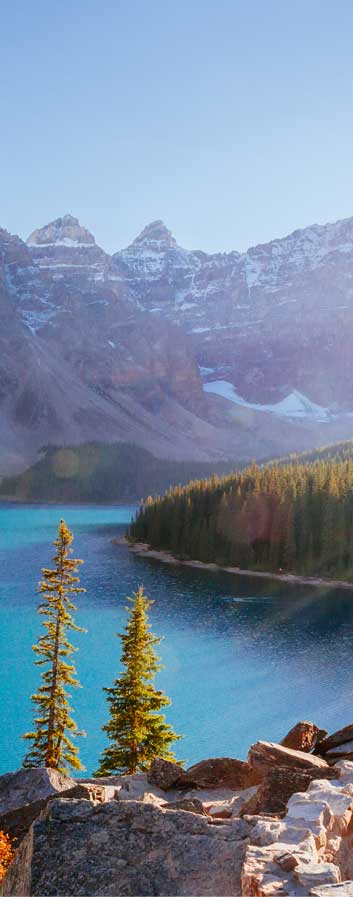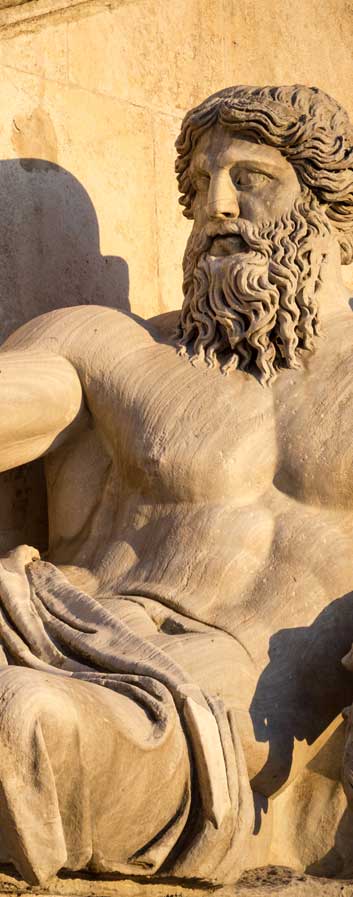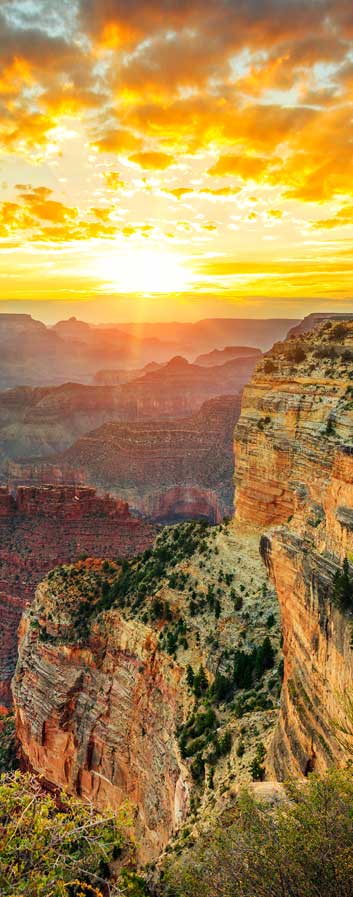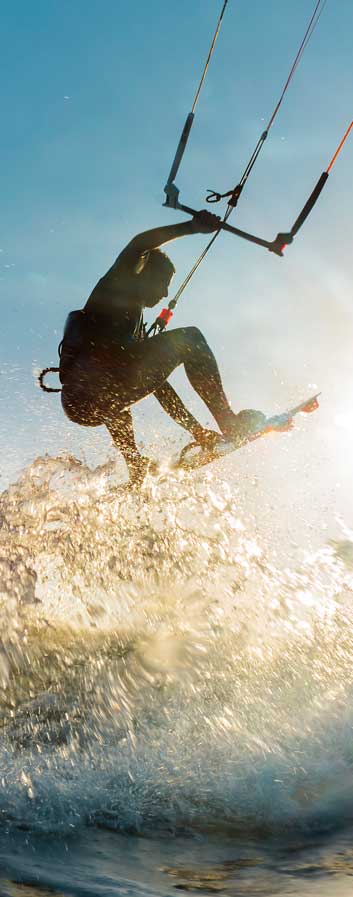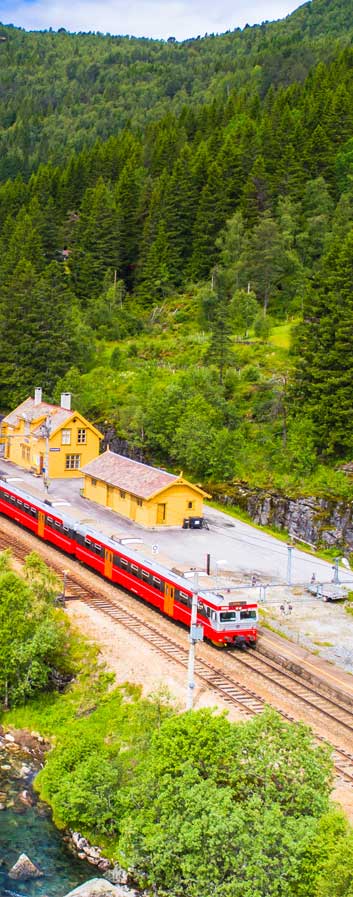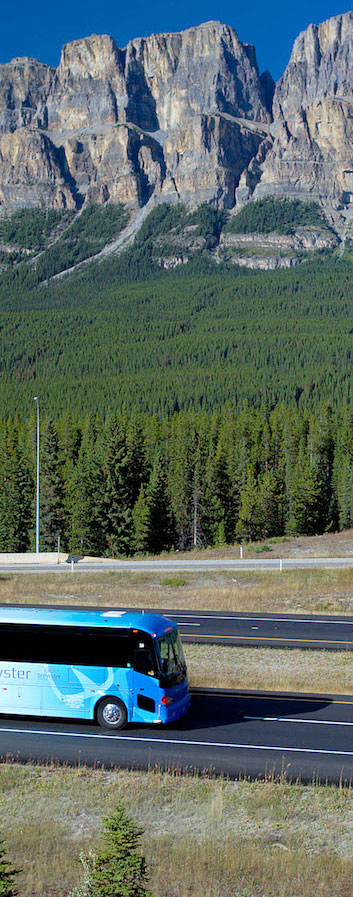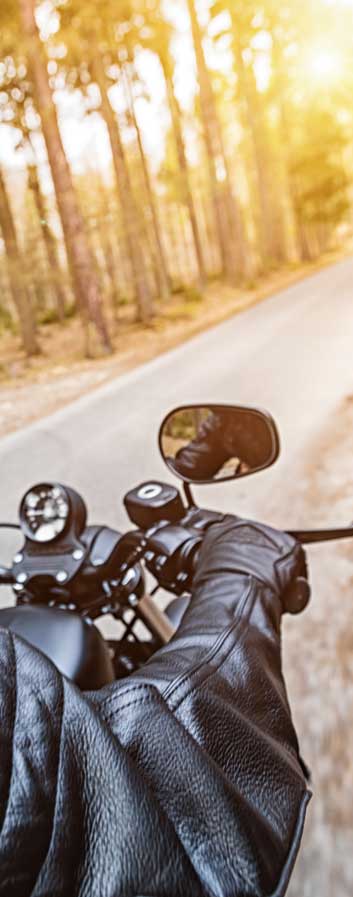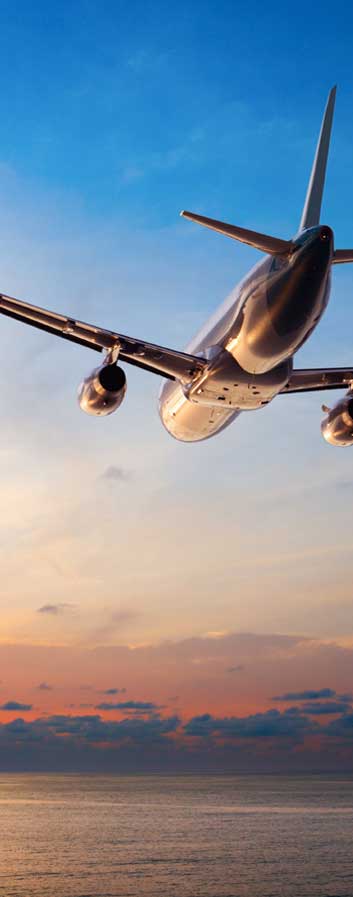Hot Springs and Crystal Pool
In the south of Krabi province in Klong Thom district (around 70km from town and near the Khao Phra Bang Khram Nature Reserve), are nature’s own hot-tub jacuzzis, known as น้ำตกร้อน (nam tok rawn) in Thai. The water here comes from thermal springs, originating deep underground in volcanic chambers. Located in the jungle, this site features naturally hollowed-out ‘bathtubs’ in the smooth stone, filled to the brim with fresh running spring water at a pleasant 35-42C. After a soak, take a refreshing dip in the cool river below.
Due to the popularity of the springs, water from the source has also been diverted into larger man-made bathing pools on the same site and basic changing facilities are now available for visitors.
The mineral salts contained in the hot spring water are said to ease a number of ailments, including rheumatism, sciatica and skin complaints. Although these medical claims are unproven, the effect of simply lazing in hot water up to your chin, watching the clouds go by, certainly has positive health benefits.
A visit to the Hot Springs would not be complete without a trip to the nearby ‘Crystal Pool’ in Khao Phra Bang Khram Nature Reserve. Also known as Emerald Pool (สระมรกต or Sa Morakot in Thai), this is an astonishly-hued and large natural pool that is filled with pure spring water – although at ambient temperature. Swimming is possible here.
The pool is reached via a network of trails through the Khao Nor Chu Chi forest (the longest of which is 1.2km – no climbing required), which offer a glimpse into a unique aquatic ecosystem, fed by the area’s abundant spring water. You’ll pass by a series of clear mini-pools, waterfalls and streams, plus hundreds of species of tropical trees and plants.
The other “must-see” site in the reserve is the brightly coloured ‘Blue Pool’, located some 600m further upstream from the Emerald Pool. If time permits, the additional distance is worth it – but beware, though the water looks magical and inviting, it is hot and surrounded by quicksand, so no bathing is allowed.
This area is also popular with birders as the forest is home to many rare species, including the endangered Gurney’s Pitta. A full day could easily be spent here as there are many other trails around the site.
Tours to the hot springs & crystal pool are available below, or you can also rent a car, or take a taxi / minivan (contact us for details) and go it alone. There is an entrance fee of 90 Baht for the hot springs and 200 Baht for Khao Phra Bang Khram Nature Reserve / Crystal Pool (this is always included in the cost of organised tours).
It is advisable to avoid both sites at the weekend and public holidays as they are very popular with Thai locals and tourists, many of whom like to bathe and wash their hair (with soap and shampoo) in the water next to you. The best time to visit is actually very early morning, or late afternoon when the tour groups have left. Vendors selling Thai food and drinks can be found at the entrance to both sites until around 5.30pm.
A few alternative “Hot Springs” sites have also been developed in recent years, all close to the original. There are two Hot Spring spas, which offer a more luxurious experience of the mineral water, in specially designed pools. The first, Wareeraksa Spa, is a day spa with a small pool filled with the spring water; the other, Nattha Waree, is a resort where serious Hot Springs enthusiasts can stay overnight – it also allows day visitors. The resort has a network of eight bathing pools at different temperatures set in a tropical garden, as well as private spa rooms and a large swimming pool filled with mineral spring water. Both places offer more privacy while bathing and allow you to combine the water therapy with massage or even (in Nattha Waree) the latest fad of “fish therapy”, where dead skin on your newly softened feet and legs is eaten away by hundreds of nibbling doctor fish.
There is also an interesting salt water hot springs at Huay Nam Khao, in Klong Thom district, though the bathing pools here are shallow and have been artificially created from concrete, so the setting is not as picturesque.

